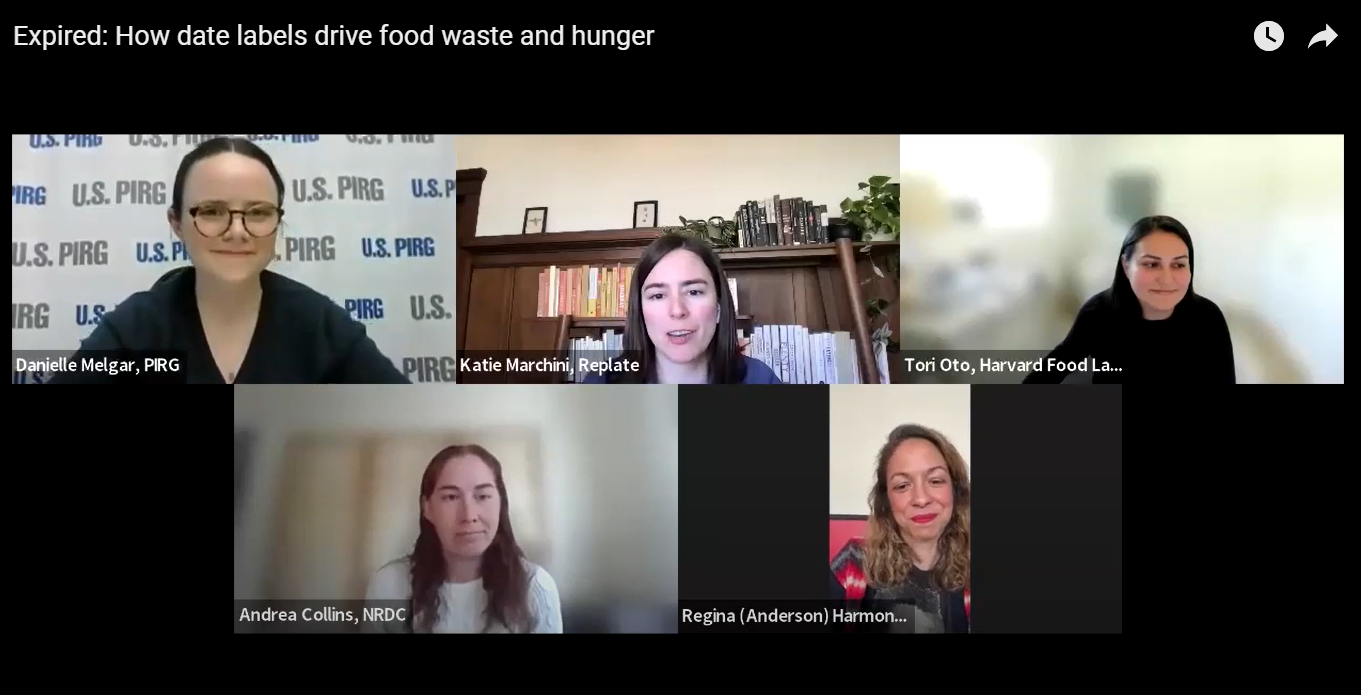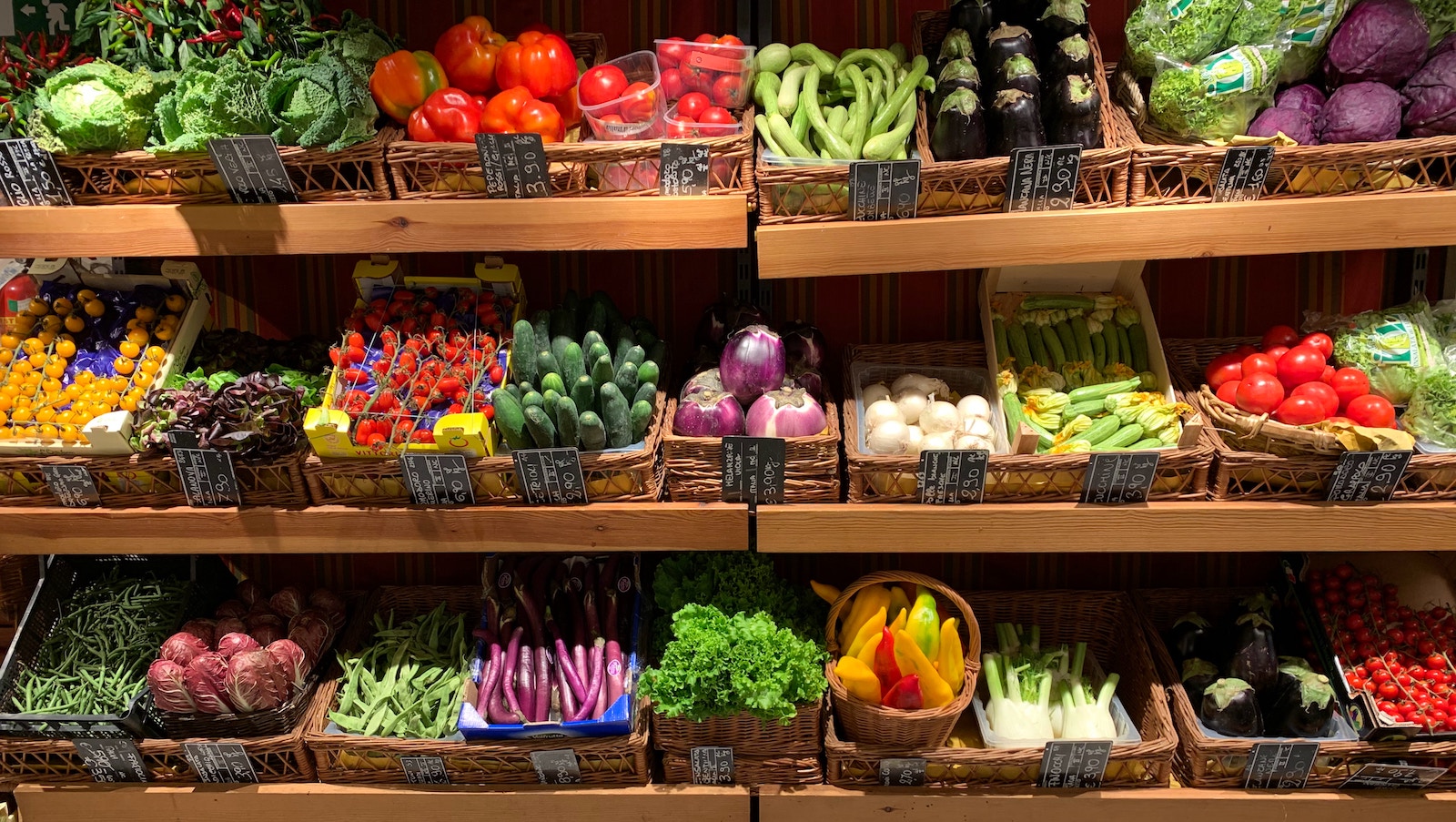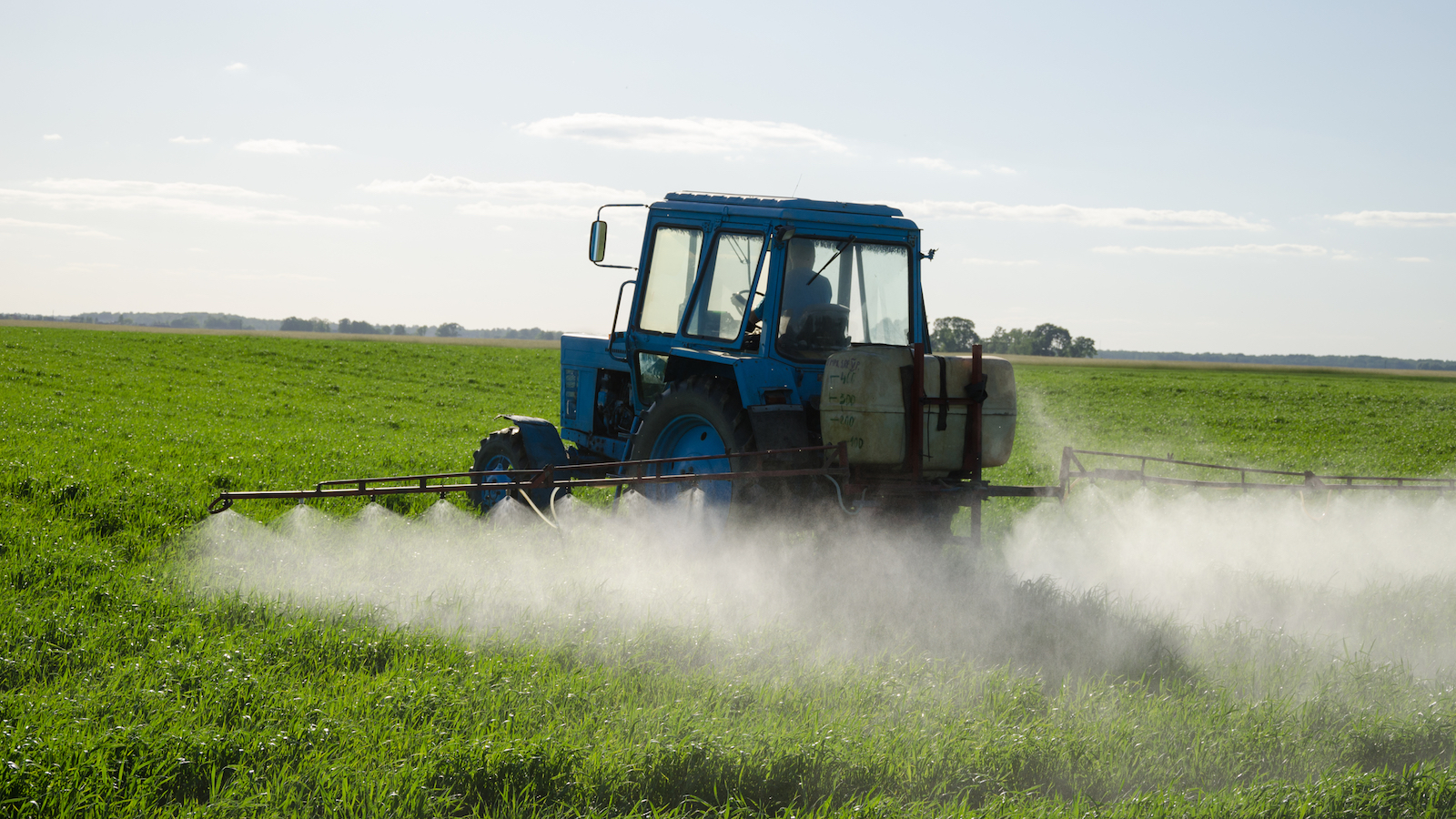
Burger King Announces New Antibiotics Policy. Does It Measure Up?
For its U.S. restaurants, Burger King committed to phase out antibiotics deemed “critically important” from its chicken supply in 2017. The problem is that “critically important” is too narrow a list of antibiotics, and the policy still leaves open the possibility of routinely using other “medically important” antibiotics on livestock and poultry in the supply chain. And it’s this routine use that breeds drug resistant “superbugs”—bacteria that are resistant to our antibiotics and thus difficult, and sometimes impossible, to treat.
It’s a good sign when fast food companies are racing to announce initiatives to improve their health policies and one-up the competition.
That’s why I’m glad to see another announcement from a restaurant, this time the home of the Whopper, to limit antibiotics use. However, Burger King’s announcement falls short not only of what needs to be done to address a major public health crisis, but also of what its industry peers have done, as The Consumerist notes.
For its U.S. restaurants, Burger King committed to phase out antibiotics deemed “critically important” from its chicken supply in 2017. The problem is that “critically important” is too narrow a list of antibiotics, and the policy still leaves open the possibility of routinely using other “medically important” antibiotics on livestock and poultry in the supply chain. And it’s this routine use that breeds drug resistant “superbugs”—bacteria that are resistant to our antibiotics and thus difficult, and sometimes impossible, to treat.
It’s like making a New Year’s resolution to stop eating candy, but only the really bad stuff. Even though its progress, you’re still munching on a lot more sweets than you should.
Along with coalition partners and medical professionals across the country, we’ve spent the past three years sounding the alarm and raising consumer awareness about this problem. Together we’ve helped prime the marketplace for change.
Scores of restaurants, most recently Jack in the Box Inc., have gone further to eliminate the routine use of antibiotics, or at least the use of medically important drugs, in their supply chains. The list is long: McDonald’s, Subway, Chick-fil-A, Panera Bread, Chipotle, Taco Bell, Wendy’s, and more.
Restaurants that have yet to make a strong antibiotics commitment—namely KFC—are falling far behind competitors in the marketplace on this important issue.
So to Burger King, we say the announcement is a step insofar as it suggests the company is coming to grips with the problem, but BK should commit to eliminating the routine use of all antibiotics to fully address this public health crisis and to meet the bar set by industry leaders.
Topics
Authors
Emily Scarr
State Director, Maryland PIRG; Director, Stop Toxic PFAS Campaign, PIRG
Emily directs strategy, organizational development, research, communications and legislative advocacy for Maryland PIRG. Emily has helped win small donor public financing in Baltimore City, Baltimore County, Howard County, Montgomery County, and Prince George's County. She has played a key role in establishing new state laws to to protect public health by restricting the use of antibiotics on Maryland farms, require testing for lead in school drinking water and restrict the use of toxic flame retardant and PFAS chemicals. Emily also serves on the Executive Committees of the Maryland Fair Elections Coalition and the Maryland Campaign to Keep Antibiotics Working. Emily lives in Baltimore City with her husband, kids, and dog.
Find Out More

Expired: How date labels drive food waste and hunger

New report reveals widespread presence of plastic chemicals in our food

How much food waste does America create and what can we do about it?

